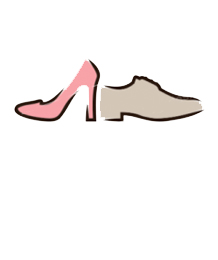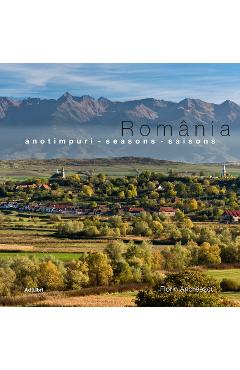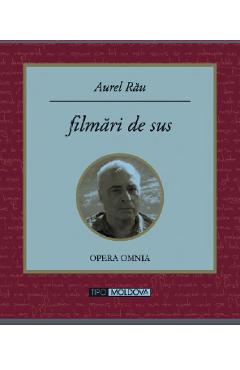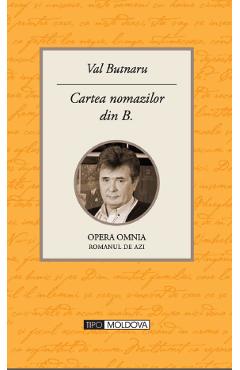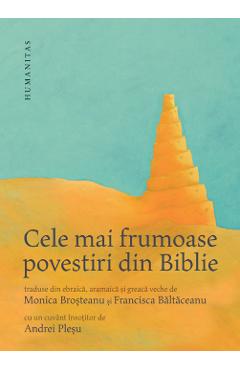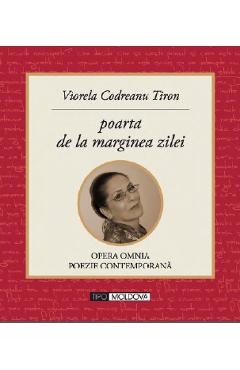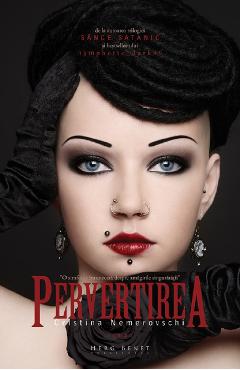Utopia (eBook)
ebooks
More's “Utopia” was written in Latin, and is in two parts, of which the second, describing the place ([Greek text]-or Nusquama, as he called it sometimes in his letters-“Nowhere”), was probably written towards the close of 1515; the first...
Cod: dc132c98-d9e7-4091-9fc4-31e3f79d13dd / 139817
Disponibilitate: In stoc
Producator: eKitap Projesi
Expediere prin: Colete.ro
15.39 RON
More's “Utopia” was written in Latin, and is in two parts, of which the second, describing the place ([Greek text]-or Nusquama, as he called it sometimes in his letters-“Nowhere”), was probably written towards the close of 1515; the first part, introductory, early in 1516. The book was first printed at Louvain, late in 1516, under the editorship of Erasmus, Peter Giles, and other of More's friends in Flanders. It was then revised by More, and printed by Frobenius at Basle in November, 1518. It was reprinted at Paris and Vienna, but was not printed in England during More's lifetime. Its first publication in this country was in the English translation, made in Edward's VI.'s reign (1551) by Ralph Robinson. It was translated with more literary skill by Gilbert Burnet, in 1684, soon after he had conducted the defence of his friend Lord William Russell, attended his execution, vindicated his memory, and been spitefully deprived by James II. of his lectureship at St. Clement's. Burnet was drawn to the translation of “Utopia” by the same sense of unreason in high places that caused More to write the book. Burnet's is the translation given in this volume. The name of the book has given an adjective to our language-we call an impracticable scheme Utopian. Yet, under the veil of a playful fiction, the talk is intensely earnest, and abounds in practical suggestion. It is the work of a scholarly and witty Englishman, who attacks in his own way the chief political and social evils of his time. Beginning with fact, More tells how he was sent into Flanders with Cuthbert Tunstal, “whom the king's majesty of late, to the great rejoicing of all men, did prefer to the office of Master of the Rolls;” how the commissioners of Charles met them at Bruges, and presently returned to Brussels for instructions; and how More then went to Antwerp, where he found a pleasure in the society of Peter Giles which soothed his desire to see again his wife and children, from whom he had been four months
Produse din Categorie
Recomandari








